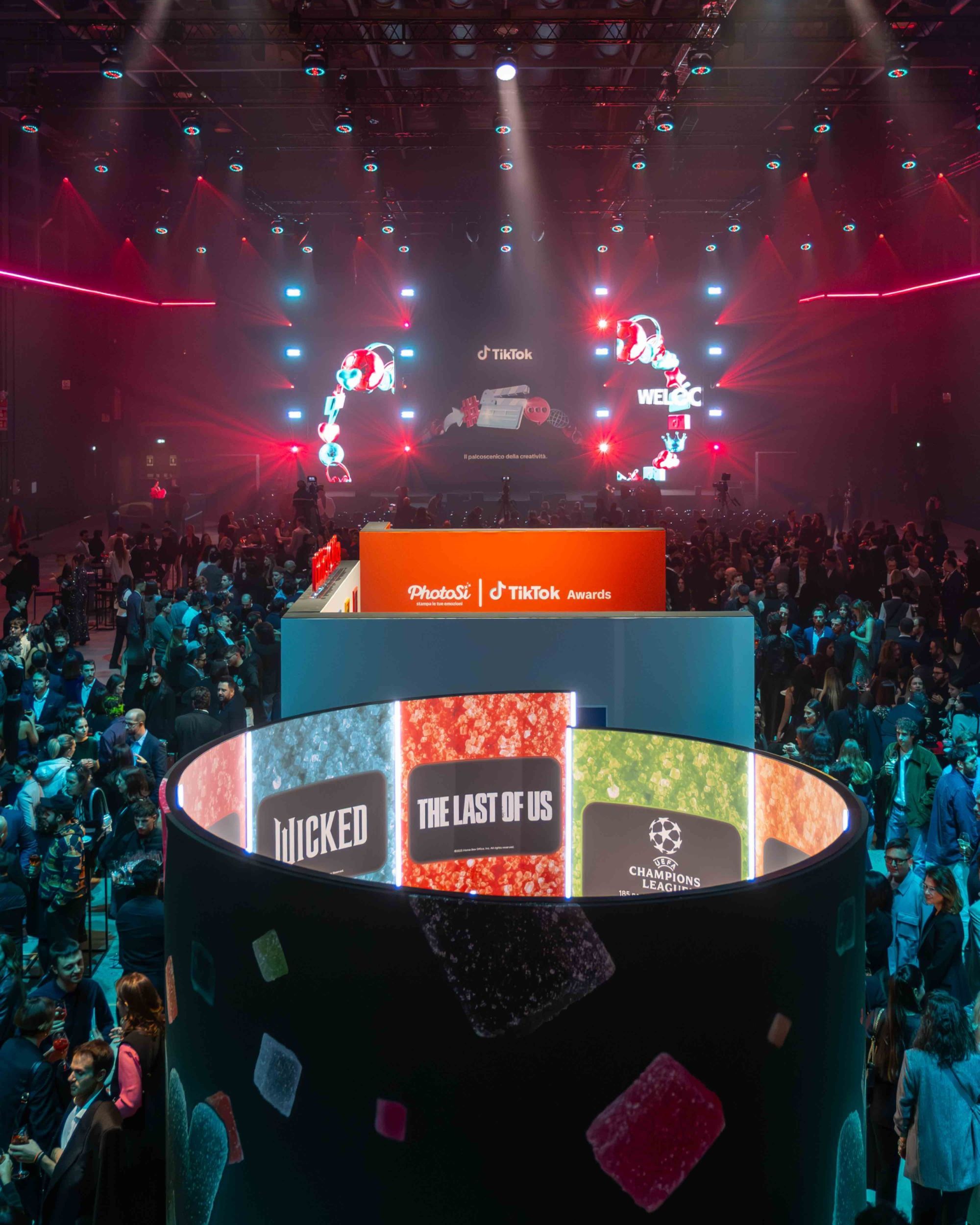
When artists are forced to make TikToks Halsey's story and the weight of the platform in the music industry
Last week Halsey had captured the attention of media and fans with a TikTok in which she declared that she was practically hostage to her label, determined not to release her new song, already recorded and ready for release, until the singer managed to go viral on TikTok. «Everything is marketing,» Halsey said in the video, «and that's what they're doing to so many other artists these days.» TikTok's relevance in the music world is hardly new, as is the importance that labels have begun to place on the platform, trying to use it to attract the attention of an increasingly distracted and superficial audience. Last month the Kid Laroi and his manager Scooter Braun had staged a fake fight via social media with the sole purpose-unstated-of promoting the release of the Australian artist's new track. Halsey's, however, is not the only case in which a record label has pressured an artist to use TikTok as a music promotion platform. In another video posted online, FKA Twigs had confirmed the pressure she received from artists by telling of being taken back by her label for the little effort put into creating TikTok, while Charlie XCX had told in a TikTok about «when the label asks you to release the eighth video of the week.»
@halsey I’m tired
original sound - Halsey
If in the past Ariana Grande, Justin Bieber or even Kanye West had demonstrated how a social network-in that case Twitter-could be a bridge capable of uniting the artist with his or her fans, today musicians seem in many cases to be forced to stay on the platform in an attempt at cultural rejuvenation. Shortly before releasing her new album Dance Fever, Florence Welch had inaugurated her channel by writing, not too ironically, «the labels are begging me for "lo fi tiktoks", so here you go,» while Franz Ferdinand, whose last album was in 2018, began posting videos consistently only a few months ago. Beyond the irony of the affair in which Halsey's TikTok obviously went viral, the various accounts that have come out tell of the increasing weight that social has taken on in the music world, in many cases becoming a central point in labels' strategies. The best example comes from Charlie Puth, who in anticipation of releasing his new record made a very long making-of with the sole purpose of generating anticipation and making the few seconds of new tracks posted online go viral.
what tiktok has done to the music industry is upsetting like… pic.twitter.com/bSJ0EIVfv1
— allure (@alluregaga2) May 22, 2022
It's certainly no secret that many influencers may be getting paid to use tracks in their TikToks to make them go viral, but news of the imminent launch of a music platform owned by ByteDance's social makes the picture even clearer. Already available in the United States and the United Kingdom, SoundOn allows artists to upload their music to the platform while also making it available on various streaming services. «It will be easier for independent artists to have their music on TikTok, we will work with them to best understand how to reach their audience on TikTok,» said Ole Obermann, Global Head of Music at the platform. Although the promotional power of TikTok is undeniable, just think of the huge number of bands that have fallen out of favor and resurrected thanks to the trending trend, its centrality in the music industry risks becoming a dangerous boomerang for artists while many TikTokers are already using their followers to launch unlikely music careers.














































